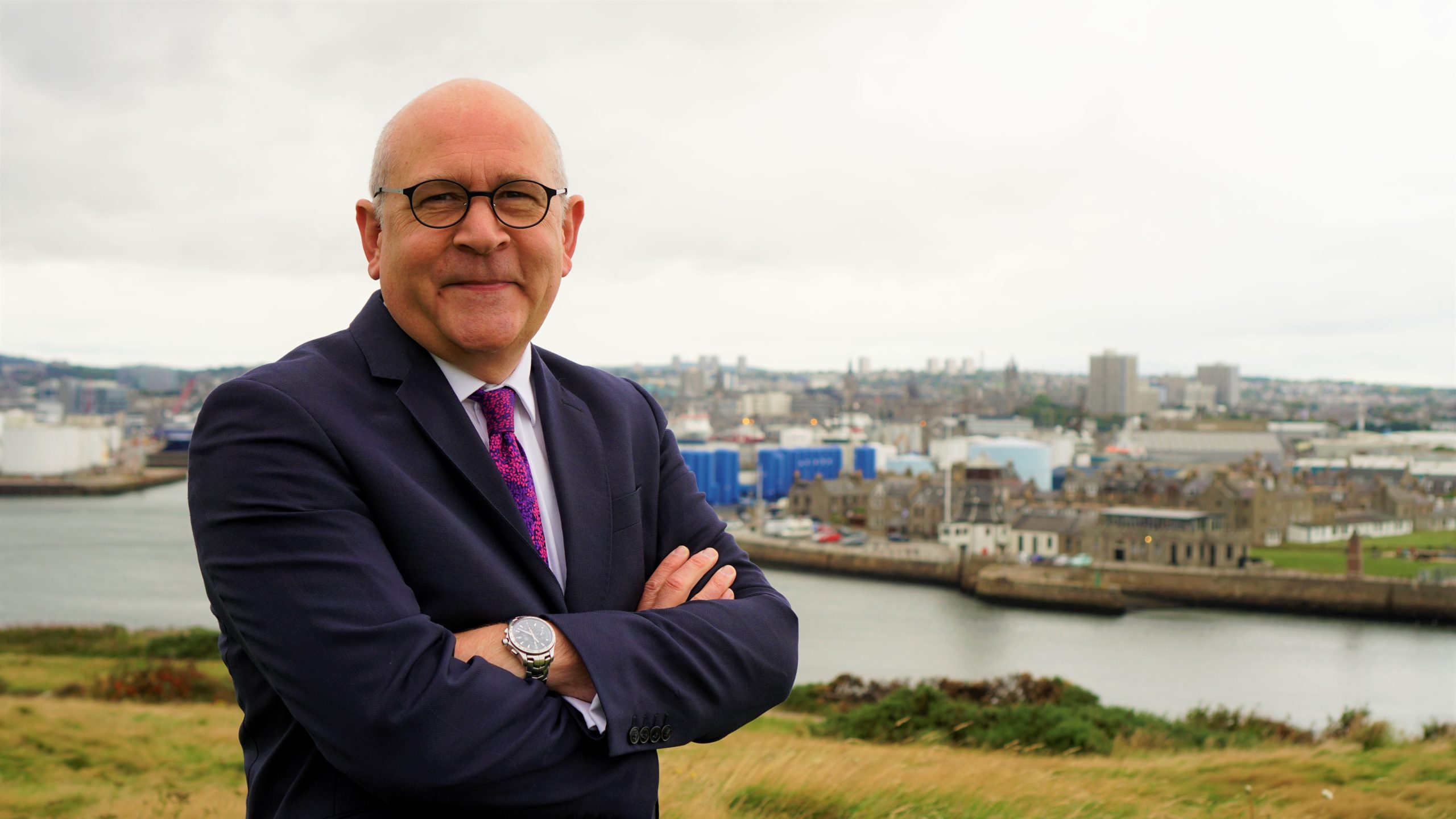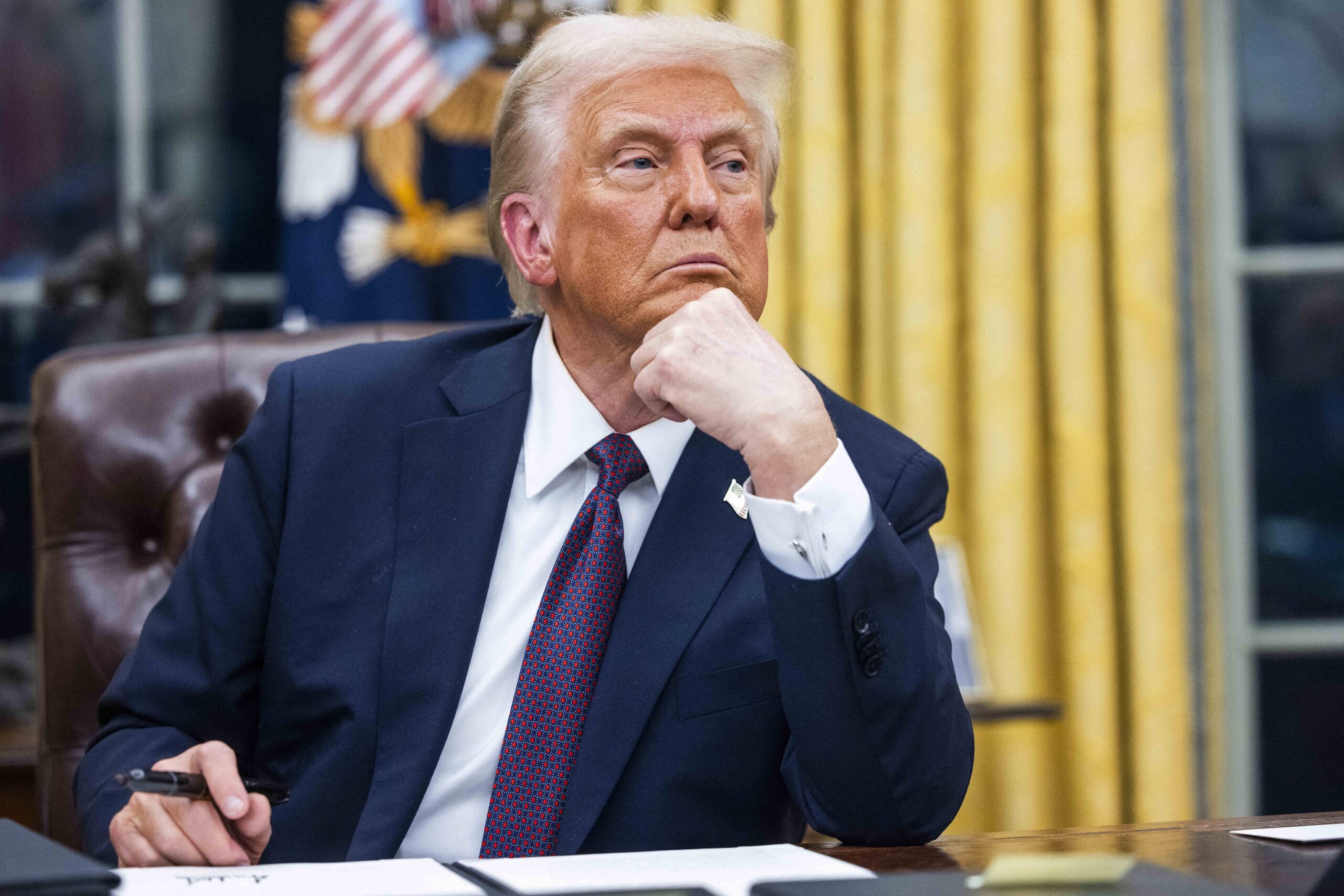
The UK will not meet its legal obligation to achieve a net zero energy system and it’s time to have to have an “adult conversation” about it.
Energy Industries Council (EIC) chief executive Stuart Broadley has called for an “adult conversation” and “honesty” to admit the UK won’t meet it legal obligations to become net zero by 2050, nor will it meet interim low carbon targets in 2030.
He said policy makers would be reluctant to admit defeat on current timelines as it risks a tumbling a “house of cards” of consequences.
Speaking on a podcast with Energy Voice, he said the UK must instead embrace “all energy sectors” or the UK will face a severe jobs crisis with entire clean energy sectors such as hydrogen at risk of never happening.
LISTEN: Energy Voice Net Zero in jeopardy
Speaking ahead of the UK government announcing its latest support mechanism for the hydrogen sector, Broadley argued the hydrogen sector in particular is “in trouble”.
“I would say it’s grinding to a halt as a transition technology right now,” he said.
The problems facing the wider clean energy sector are largely due to a collapse in the pace of investment.
EIC said the rate of financial investments decisions in offshore wind, hydrogen and carbon capture and storage are all well below 10%, and far below rates required to achieve significant momentum which is above 20% or 30%.
In Aberdeen and across the UK, jobs are at risk he warned: “All those areas will be under severe job crisis if we’re not careful, 600,000 jobs or more in the energy supply chain in the UK. That’s one in 55 jobs of people working in the UK. It’s also 9% of GDP in the UK. It’s linked to the energy supply chain.”
He added the clean energy sector is “in crisis because of policy, which is ill-informed.”
“The concept is good. We all want net zero but it has to be done with a bit more sort of respect around what’s achievable time wise from a transition point of view.”
Belief and hope for net zero is collapsing
He added: “Net zero as a concept is now increasingly regarded as not achievable. Belief and hope for net zero is collapsing.
“And this is not just important because net zero itself then may not happen by 2050.
“And I think many would say privately they already think that. But it’s also important because the investment community invest based upon not just a business case, but also based upon sort of consistency and belief in an idea of something.”
He warned that as belief in the sector collapses so will investment – a “double problem”.
“Even though they might look at one project and say OK, this one looks possible, if they’re worried about the future of this idea of net zero, they’re more likely to say we’ll invest elsewhere. That’s what we’re seeing now. So it’s a double problem.
“People don’t believe in it anymore because of that and the investments not flowing.
“You’re seeing that all over the place now, more and more companies coming out in public and saying we are downsizing or reversing our commitments to net zero.
“We think this is just the beginning of that trend and that’s extremely concerning, particularly when we’ve still got policies that are saying no, no, no, we’re not listening to what’s happening out there in the real world. We still want that net zero by 2030, 2050 commitment to stay.”
EIC’s annual Energy Exports Conference takes place in Aberdeen 3-4 June, 2025.























